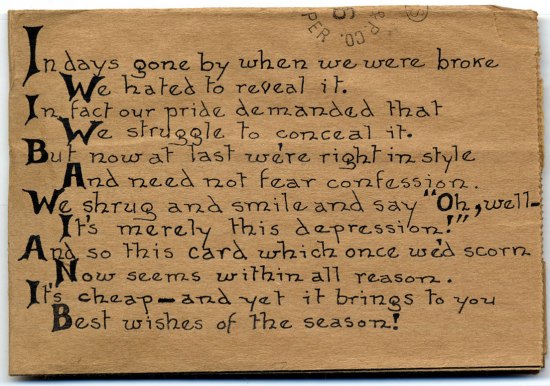Despite developing in Asia, as the Chinese form of a religion originally brought over from India and later refined in Japan, Zen Buddhism has long appealed to Westerners as well. Some of that owes to the spare, elegant aesthetics with which popular culture associates it, and more to the promise it holds out: freedom from stress, anxiety, and indeed suffering of all kinds. In theory, the Zen practitioner attains that freedom not through mastering a body of knowledge or ascending a hierarchy, but through direct experience of reality, unmediated by thoughts, unwarped by desires, and undivided by the classification schemes that separate one thing from another. That’s easier said than done, of course, and for some, not even a lifetime of meditation does the trick.
In the interview clip above, Rinzai zen monk Yodo Kono explains how he arrived in the world of Zen. Having come from a line of monks, he inherited the role after the deaths of his grandfather and his father. Already in his late twenties, he’d been working as a physics teacher, an occupation that — however fashionable the supposed concordances between advanced physical and Buddhist truths — hardly prepared him for the rigors of the temple.
“I entered a role completely opposite to logic,” he remembers, “a world where logic doesn’t exist.” Think of the Zen kōans we’ve all heard, which demand seemingly impossible answers about the sound of one hand clapping, or the appearance of your face before your parents were born.
Advised by his master to stop trying to gain knowledge, skills, and understanding, the frustrated Yodo Kono began to realize that “Zen is everything,” the key question being “how to live without worries within Zen.” That can’t be learned from any amount of study, but experience alone. Only directly can one feel how we create our own suffering in our minds, and also that we can’t help but do so. This leaves us no choice but to relinquish our notions of control over reality. In daily life, he explains in the clip just above (also from the documentary Freedom From Suffering, about the varieties of Buddhism), one must be able to move freely between “the undivided Zen world and the divided world,” the latter being where nearly all of us already spend our days: not without our pleasures, of course, but also not without wondering, every so often, if we can ever know permanent satisfaction.
Related content:
A 6‑Step Guide to Zen Buddhism, Presented by Psychiatrist-Zen Master Robert Waldinger
What Is a Zen Koan? An Animated Introduction to Eastern Philosophical Thought Experiments
Exercise Extreme Mindfulness with These Calming Zen Rock Garden Videos
A Beatboxing Buddhist Monk Creates Music for Meditation
Buddhism 101: A Short Introductory Lecture by Jorge Luis Borges
Based in Seoul, Colin Marshall writes and broadcasts on cities, language, and culture. His projects include the Substack newsletter Books on Cities and the book The Stateless City: a Walk through 21st-Century Los Angeles. Follow him on the social network formerly known as Twitter at @colinmarshall.







